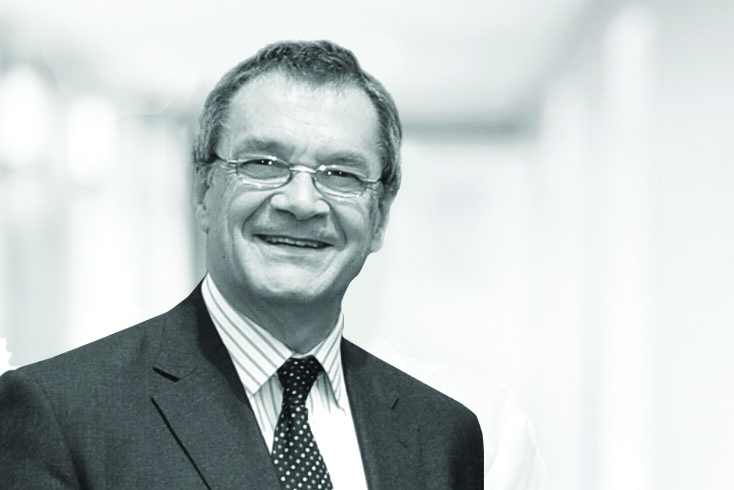Do we need an ‘Advancing Health Care’ programme?
NewsPosted by: Dental Design 6th December 2019

Former Chief Dental Officer, Barry Cockcroft looks at current provisions within dentistry.
I must admit to being a tad lukewarm about the review of dental education and training, ‘Advancing Dental Care’. We carried out a review of the dental workforce in 2013 and concluded that we needed to change the balance of the dental workforce so that we could better align skills with need. This involved recommending that we slightly reduced the number of dentists in training but significantly increased training commissions for other members of the dental team who could provide much of the care currently provided by dentists, but nothing has changed since then. The implementation has been complicated by the short-sighted government decision to remove NHS training bursaries from hygienists and therapists, alongside the similar cost-cutting decision to do the same in relation to general nurse training. There are signs that the dental education world has seen the direction of travel and acted already to increase the training numbers of DCPs before Advancing Dental Care is published sometime in the future, but it must be a nervous time for those decision makers in the schools.
Personal experience can often make you think and my recent experiences of accessing care in the medical world have led me to the conclusion that the medical workforce ought to be subject to the same sort of wide ranging review.
The shortage of GPs is constantly in the news and seems to be even more critical than the current shortages in the dental workforce, but are we using the medical workforce (as a whole) efficiently?
I continue to be registered with a general medical practice in London from which I receive the highest quality care. The practice employs a range of different individuals and tries to align patients’ needs with the correct member of their team who can provide the most suitable service. In recent months, I have seen a nurse practitioner when I developed allergic conjunctivitis – something I was not aware existed but which would certainly have stopped me working clinically – one of the practice nurses for my regular blood pressure check and flu jab, and one of the doctors when my back pain flared up.
This diversity of workforce is growing all the time in the medical world but sometimes, it seems, without any support or coordination from the top of the NHS. I recently saw, and wrote about, a report in the media in the Midlands about an Advanced Nurse Practitioner (ANP) who places, with a high success rate, all the cardiac pacemakers in one of the hospitals in the region. ANPs can perform the role of a doctor within their area of expertise with great success, while at the same time, saving the NHS valuable funds in both training and service budgets.
In my time at the Department of Health, optometrists were given the right to refer directly to hospitals without going through a GP. There was a case shown on television recently where a child had presented at an optometrist with ocular disturbance caused by a rapidly growing benign brain tumour. If the optometrist had had to refer to a GP for onward referral to hospital it is very possible that the child would not have survived.
Many GPs are now functioning almost solely as diagnosticians – not a simple task – and prescribers. Does current medical training prepare them for this role or do they learn the basics of a range of skills, some of which many will never use? The deployment of clinical pharmacists in GP practices has improved the quality of medical prescribing just as the business model of old style community pharmacies is under real pressure.
Given that the integration of all healthcare professionals into one holistic workforce focused on health seems to be happening, it makes me think that we might be better with one health regulator which combines all the expertise of the current individual regulators, but with all the administrative tasks shared. I am sure that the individual professions might see this as an attack on their particular profession, but we need to accept that in a world of holistic care that we need to move to a world of holistic regulation.
This was brought to my mind recently when I was interviewed about the different approach taken by the General Medical Council and the General Dental Council to the issue of refugee doctors and dentists. I mentioned this, in conversation, with somebody connected to the GDC who said it was difficult for the GDC because the GMC is so much bigger and could afford to help refugees. Surely that is unacceptable and the same standards should apply across the regulatory system!









